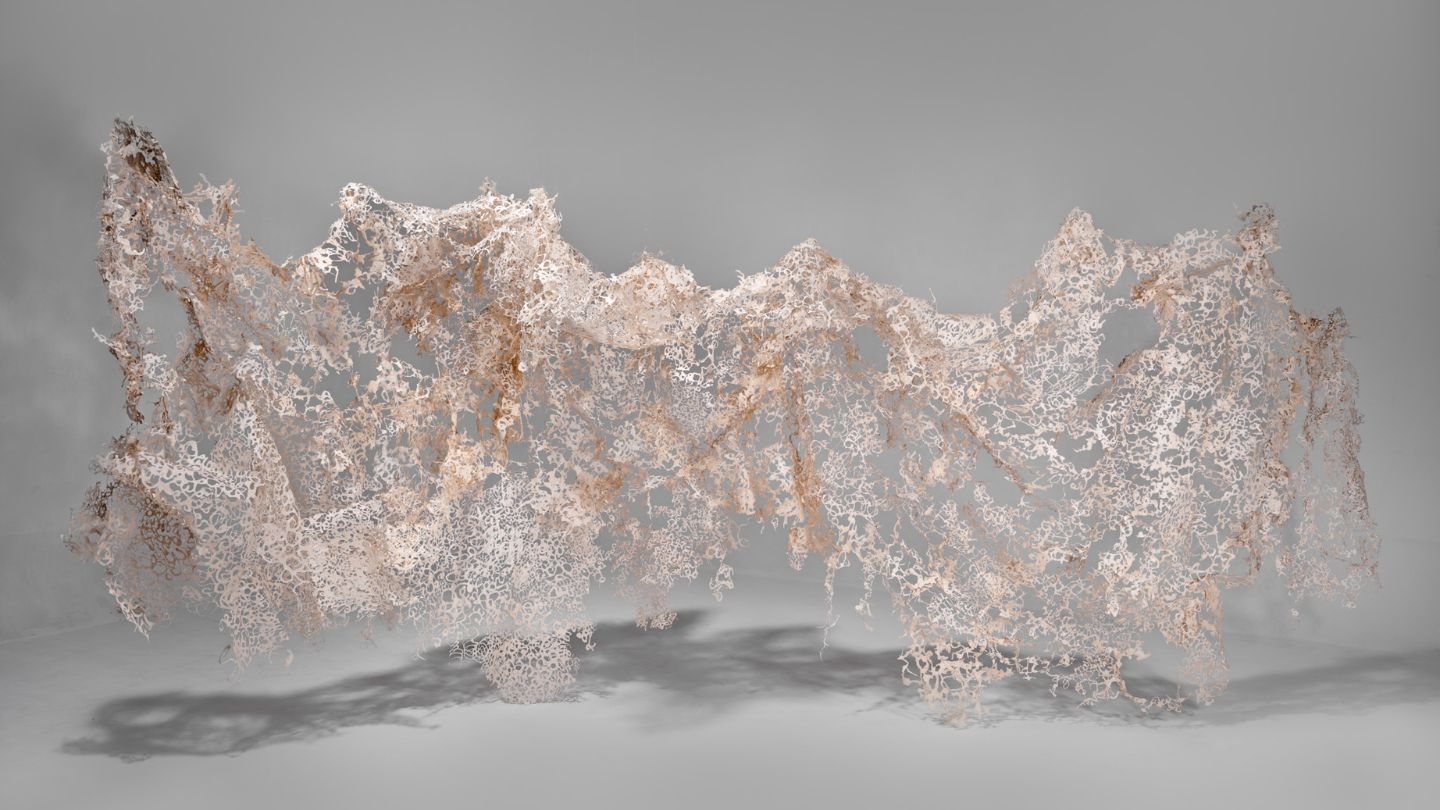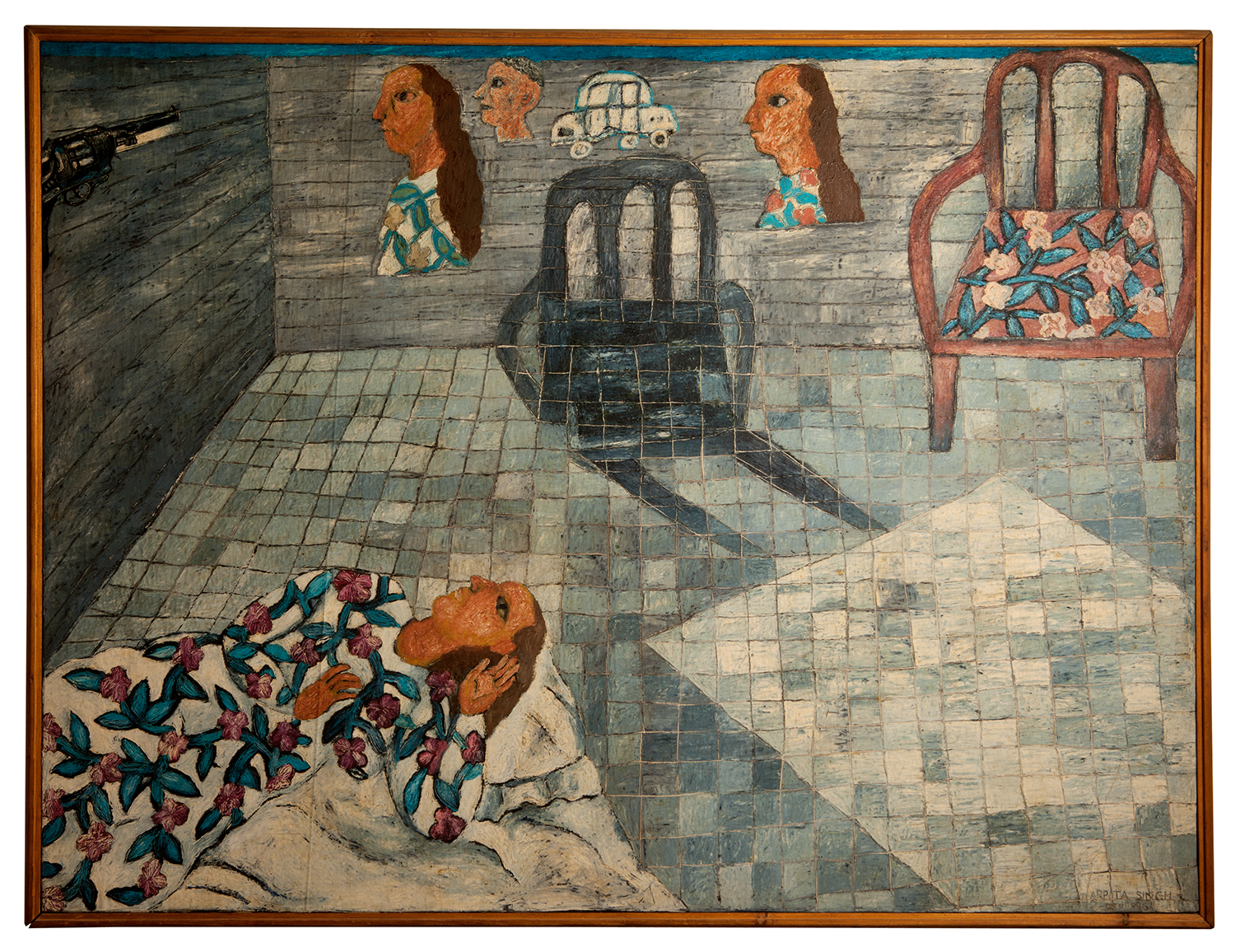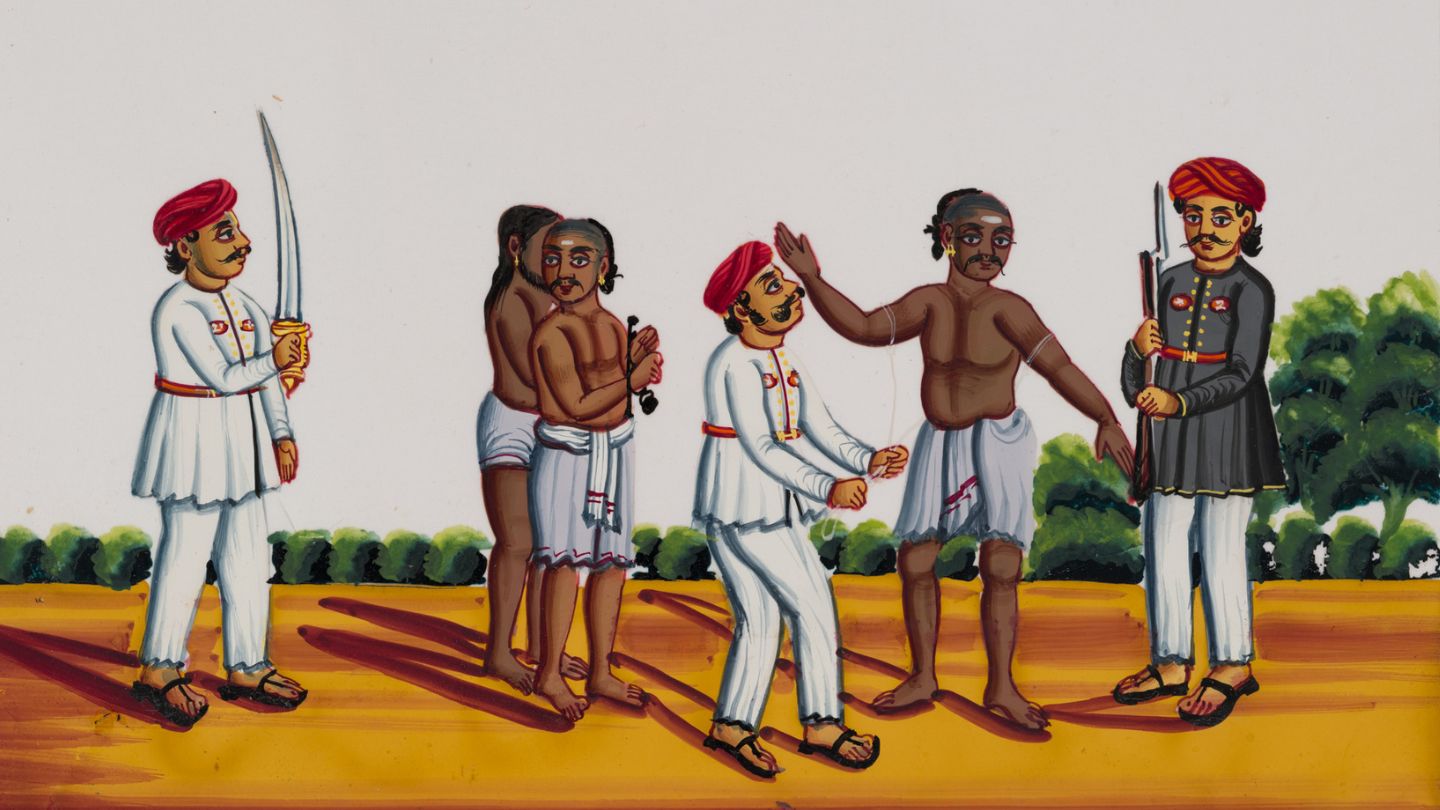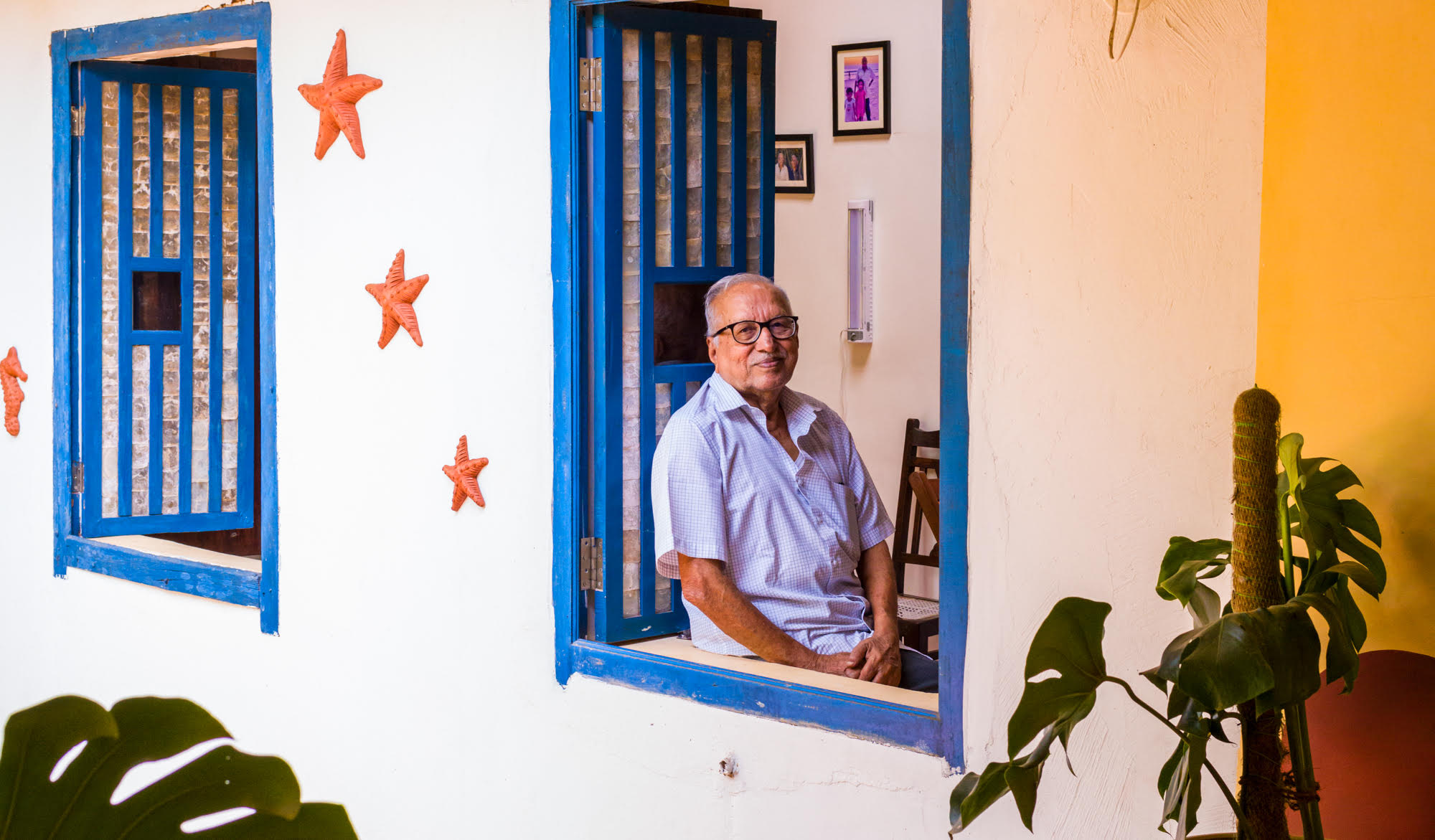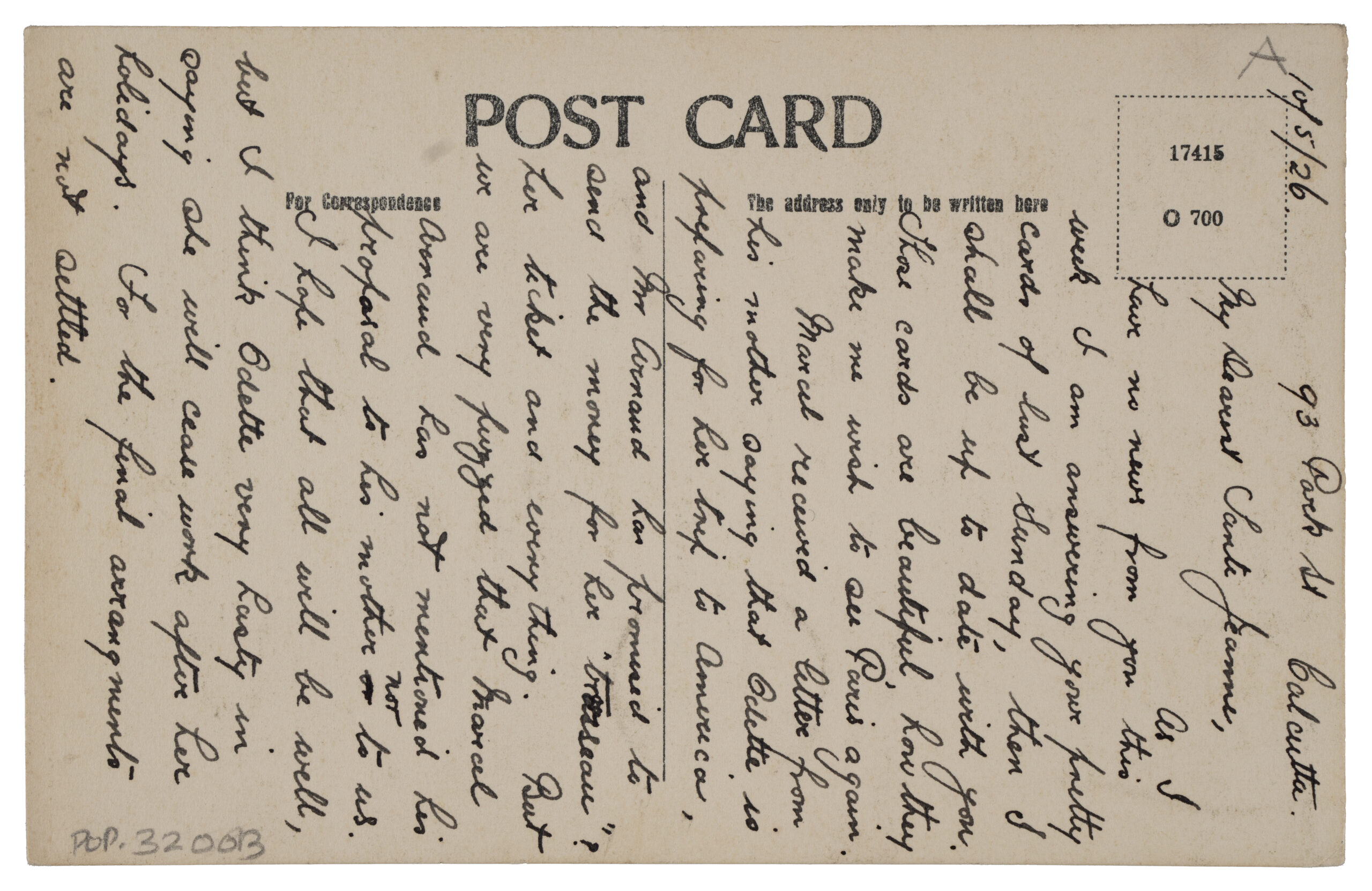Blogs
Imagining the Museum
Krittika Kumari
Launching a brand new talk series, Director’s Cut, MAP brought together museum and cultural leaders from across the world to discuss the future of museums and the reimagining of cultural institutions today.
“Even though there is doom and gloom in the world today there is a great reason to be happy – we are living in the greatest museum boom.”
– András Szántó
While the pandemic has gravely affected the museum and cultural sector, it has also given an impetus to institutions to devise newer methods of engaging with audiences. In the past year, many museums across the world have either adopted or enhanced their digital or virtual platforms to make the experience as enriching as a physical viewing for visitors. To discuss in depth the future of museums and how cultural institutions all over the world are being reimagined and reinvented today, MAP brought together the New York-based cultural strategist and author of The Future of the Museum: 28 Dialogues, András Szántó to moderate a thought-provoking conversation between Kamini Sawhney, Director of MAP, Bengaluru; Suhanya Raffel from M+ Museum, Hong Kong; and Koyo Kouoh from Zeitz Museum of Contemporary Art Africa, Cape Town.
Each of the museum leaders offered insights into what drives the vision and mission for their respective institutions. For instance, Kamini Sawhney elaborated on MAP’s very timely digital pivot, which was fuelled by the idea of taking the full museum experience to people all over the world rather than waiting for a physical launch. MAP’s building is currently under construction and yet, the museum has opened its doors digitally to allow people to engage with the collection of the museum. MAP’s prime mission is to take art into the heart of the community, to make it accessible to diverse audiences and to encourage a steady museum-going culture in the city, and subsequently the country.
The other panellists also shared this idea of community engagement being essential in the making of a museum. With reference to Zeitz MOCAA, Kouoh reflected on the importance of prioritising the community and its needs to ensure that the institution remains relevant to the society. She mentioned that their aim with the museum is to anchor it in a conversation with the locality, with Cape Town and its residents, in a way that repeatedly draws the local audiences to the museum. Similarly, Raffel highlighted the ways in which the making of the M+ museum was also anchored in the local community and local collaborations in Hong Kong, wherein the committee conducted several conversations with local audiences to understand their expectations of a museum and of visual culture in general.
Through the conversation many such significant and extraordinary ideas were shared by the museum representatives, which aptly highlight Szántó’s statement of the current and great museum boom, and the bright future of cultural institutions.
This panel also marked the launch of MAP’s brand new talk series titled Director’s Cut, in which the Museum will present a unique opportunity to hear from museum directors around the world reflecting on their institutional experiences, behind-the-scenes challenges, initiatives and more.
You can stream the full conversation on MAP’s website here.
Krittika Kumari is the Digital Editor at the Museum of Art & Photography, Bengaluru. A graduate of the Courtauld Institute of Art in London, her research interest lies in the Mughal miniature painting tradition, as well as Indian Modern Art.
